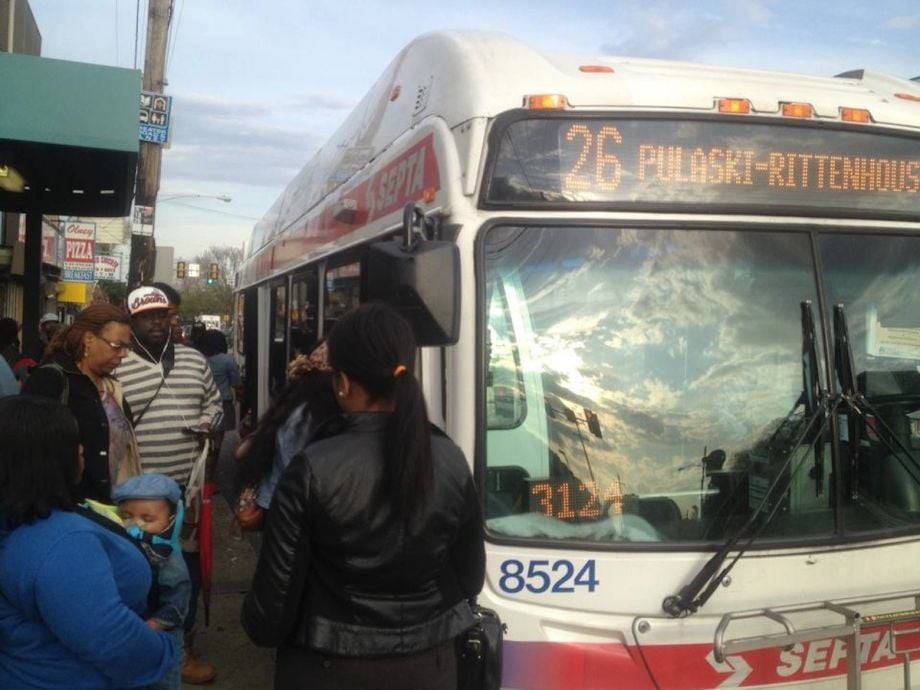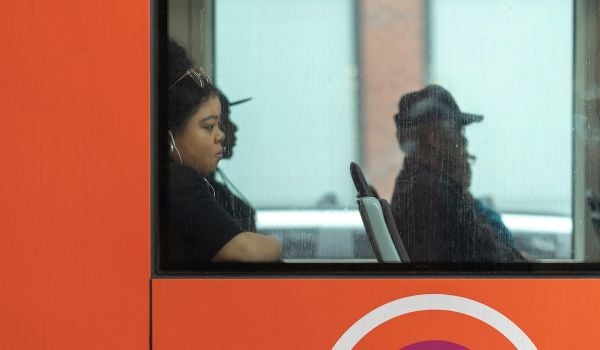After promising to unveil a comprehensive plan for highway and public transit spending last week, Pennsylvania Gov. Tom Corbett told the Philadelphia Inquirer editorial board that he would instead release the details on February 5, coinciding with his planned budget address.
No transportation funding plan has been in place since a 2007 proposal from previous governor Ed Rendell, which would have raised money by privatizing the state’s turnpike, was ultimately scuttled by state legislators. Since then, Pennsylvania’s numerous public transit agencies, heavily reliant on state subsidies for their operations, have struggled to continue operating with essentially static budgets coupled with increasing ridership.
SEPTA, Philadelphia’s mass transit agency, recently revealed that it would indefinitely close the final leg of the Norristown High Speed Line, a fast and well-traveled commuter line, due to structural concerns over the Crum Creek bridge. The announcement came on the heels of the agency’s appeal for additional funding for capital works projects.
With a backlog of $4.7 billion in basic maintenance projects, but only $303 million in annual capital spending, SEPTA would need more than 15 years to return its current network to a state of good repair. The agency has estimated that by then its basic capital requirements will have nearly doubled, effectively putting it back to square one.
SEPTA ridership has grown by nearly 44 million trips annually over the last six years.
Smaller mass transit systems across the state face even more dire and immediate consequences. BARTA, the network covering Reading, the sixth poorest city in the nation, has threatened to cut a program offering free medical shuttles to 6,000 riders on government assistance programs, most of whom are homeless and elderly. The Red Rose transit agency, in Lancaster, currently relies on a $4 million federal grant for its capital budget, mostly centered on replacing its aging bus fleet. And as mentioned in a previous post, Pittsburgh is facing a services cuts to nearly 30 percent of its operations.
Corbett’s plan is widely expected to hinge on lifting the cap on state gasoline taxes, with analysts expecting a nearly $2 billion annual windfall. Introduced in the 1970s as a kind of user fee for the Commonwealth’s massive network of publicly subsidized roadways, the fee on gasoline sales, known in the statehouse as the Oil Company Franchise Tax, is now capped at $1.25 per gallon. However, as cars have generally increased their overall fuel efficiency in recent years, contributions have actually fallen on a per-user basis.
PennDOT, the agency responsible for road and highway maintenance, pegs 86 percent of its annual budget to this tax and fees from driver licensing and registration. But as the economic downturn has decreased the number of new drivers and car purchases nationwide, PennDOT has seen proceeds from its fee system decline for the first time in decades.
The rise in non-drivers paradoxically depletes funding for roadways while increasing the burden on the state’s cash-strapped public transit agencies as ridership increases. Each day a funding solution is delayed piles on additional costs to repairing both systems as maintenance is deferred.
There is no guarantee that state legislators will actually approve an increase in gas taxes, likely to be extremely unpopular with the general public. The governor, who ran on a strong anti-tax platform, has already sparred with fellow Republicans over closing sales tax loopholes and creating an optional county-imposed fee on “fracking” operators in the state’s natural gas-rich Marcellus Shale region.
_200_200_80_c1.jpg)
Ryan Briggs is an investigative reporter based in Philadelphia. He has contributed to the Philadelphia Inquirer, WHYY, the Philadelphia City Paper, Philadelphia Magazine and Hidden City.
















